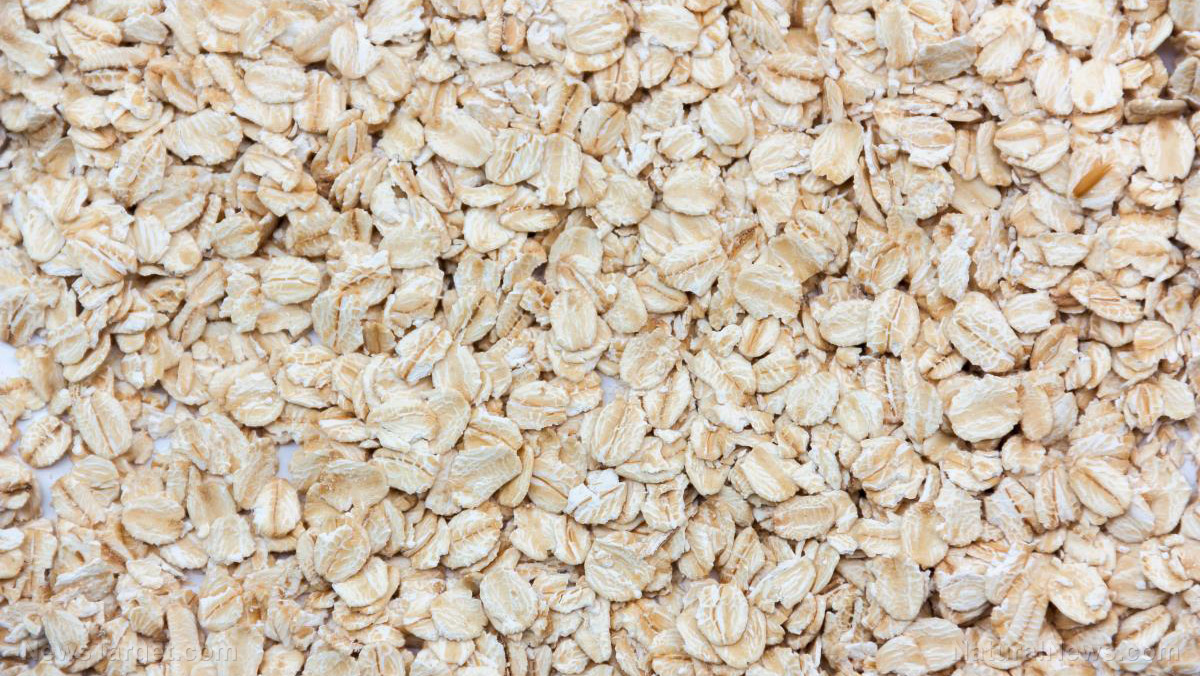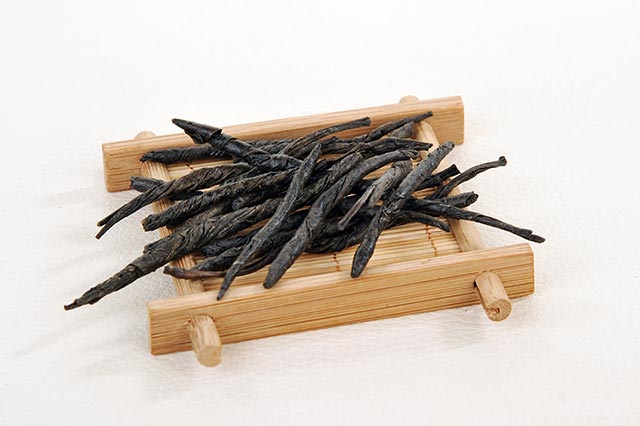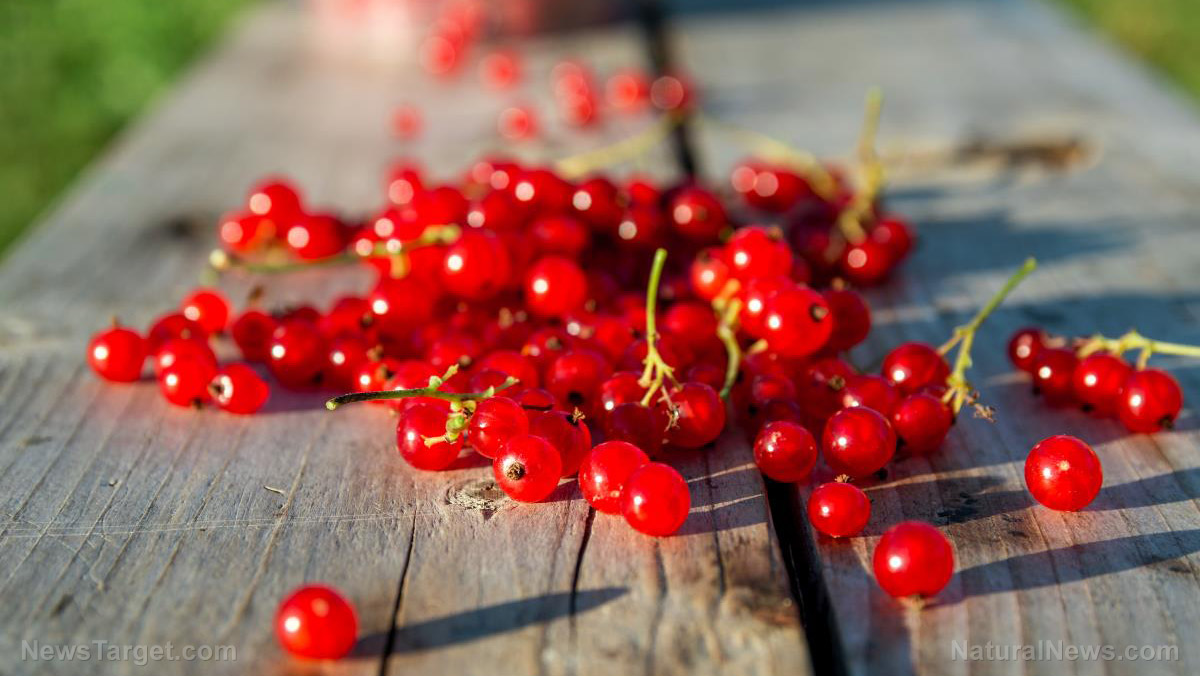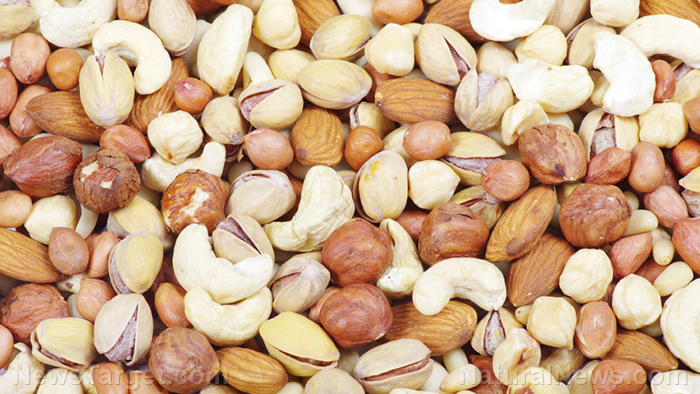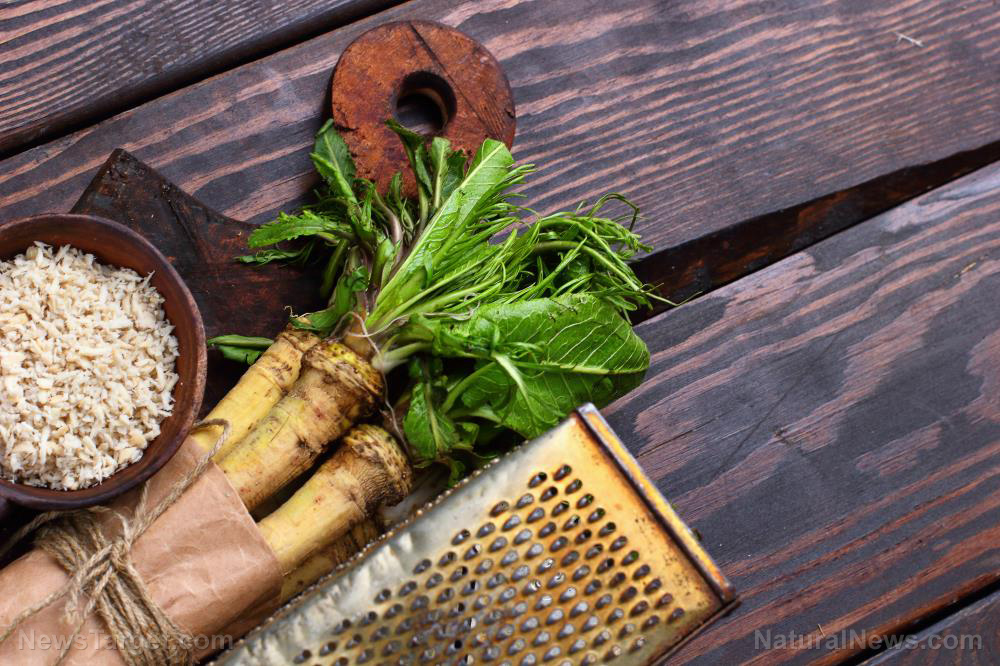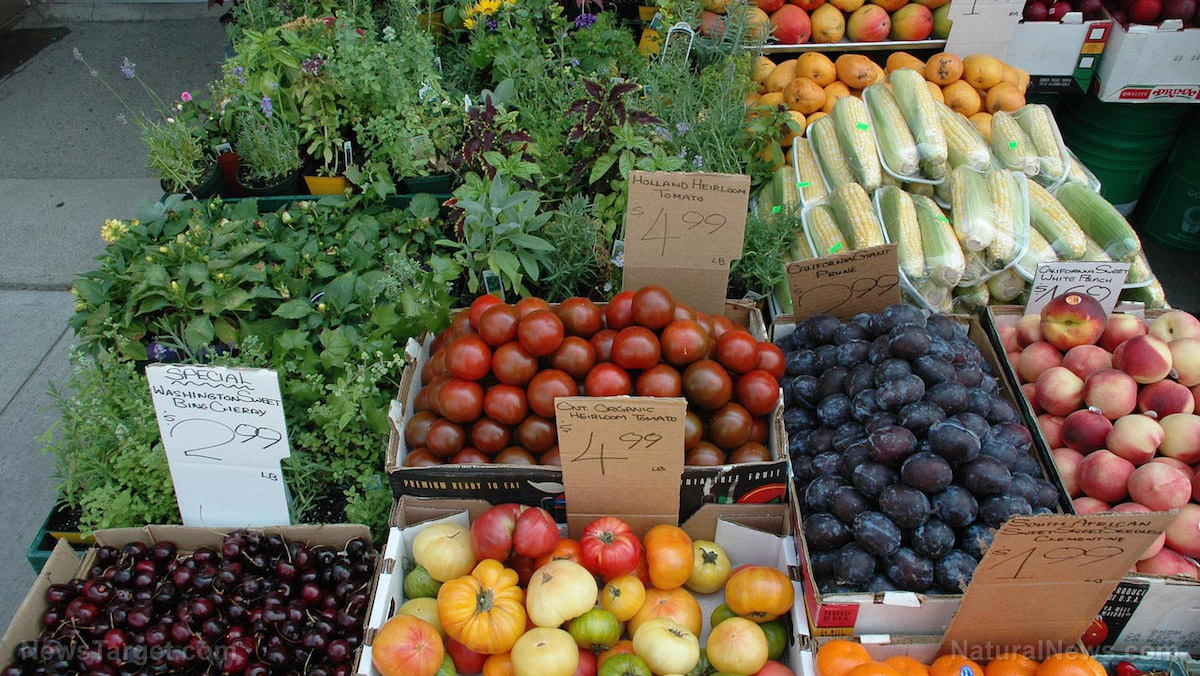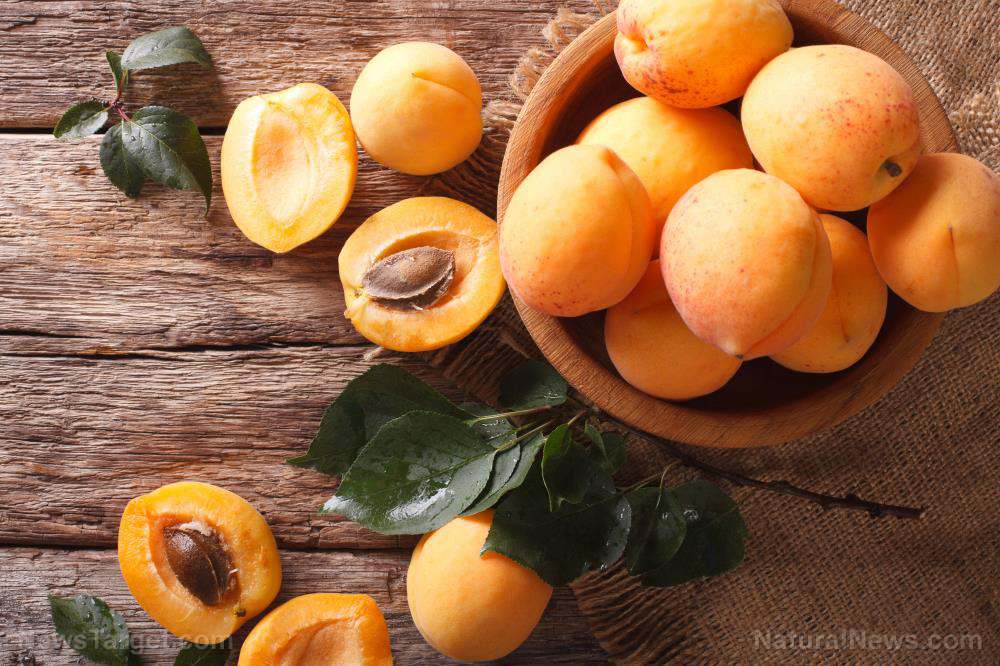Adding more fruits to your diet – while cutting back on fats – can help prevent breast cancer deaths
11/22/2019 / By Edsel Cook
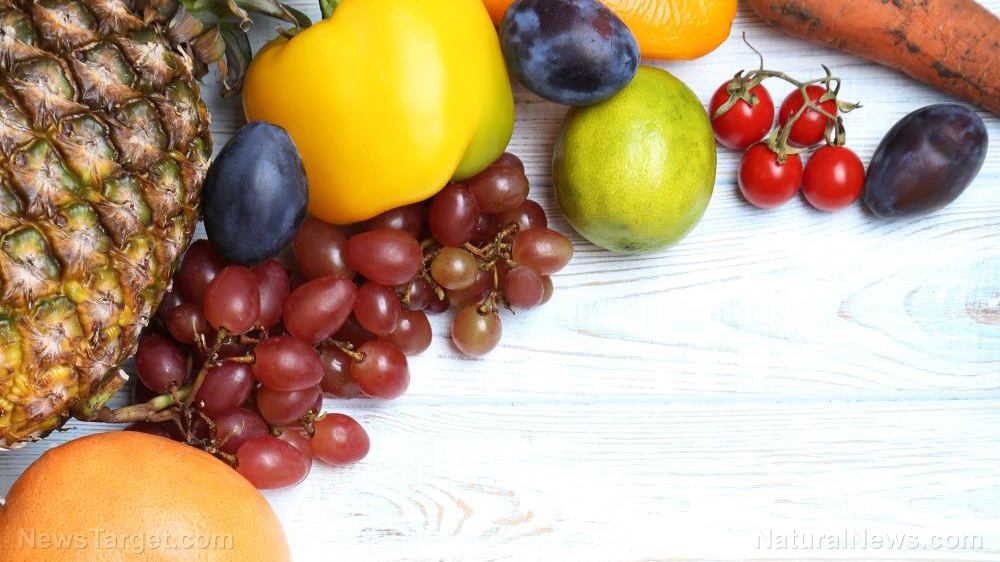
Eating a diet with more fruits and less fat can reduce the risk of mortality from breast cancer in women, according to a recent study in JAMA Oncology. The large-scale study, which followed nearly 49,000 women over two decades, is different from earlier studies, which settled for observing dietary habits to draw health conclusions.
In the study, healthy women who started eating the diet lowered their risk of dying from breast cancer by 21 percent. Reducing fat and eating more fruits helped them survive better than counterparts who maintained less healthy eating habits.
Health experts applauded the study for showing a way for women to improve their chances of surviving one of the most common cancers. The findings suggested that eating healthy foods, reducing weight and working out might help reduce the dangers of breast cancer. (Related: Pomegranates are a cancer-fighting superfood: Here are 4 reasons why.)
A healthy diet reduces risk of death from breast cancer
For the study, lead researcher Dr. Rowan Chlebowski of the Los Angeles Biomedical Research Institute (LA BioMed) and his team showed that a woman’s diet affected her chances of surviving deadly breast cancer.
The results come from the Women’s Health Initiative – a long-term study initiated by the National Institutes of Health. The study previously overthrew existing advice on hormone therapy for women experiencing the symptoms of menopause.
The Women’s Health Initiative began in the 1990s. Its dietary part included 48,835 women whose ages ranged from 50 to 79. Participants started the study with a diet that obtained one-third of its calorie content from fats. They got divided into two groups with different dietary habits. One group maintained their typical diets. The other group attended regular counseling sessions that advised them on their food intake.
The second group received instructions to keep their intake of fats at 20 percent of calories. Further, they were also asked to eat more plant-based foods — fruits, grains, and vegetables. The low-fat group failed to achieve its target of 20 percent. However, they brought their intake down to 24 percent after one year and maintained about 30 percent following eight years.
Eat less fat or consume more plant foods — they both benefit health
An earlier report by the team found that participants in the low-fat group experienced fewer deaths from all causes. Their latest findings showed that similar reductions also applied to breast cancer.
After eight years of the low-fat diet, 1,767 participants tested positive for breast cancer. Their overall survival rate was 82 percent, which was higher than the 78 percent shown by the conventional diet group.
“This was the first time we had examined the deaths after breast cancer among this group, and we found that a sustained low-fat diet increased the survival rates among postmenopausal women after a breast cancer diagnosis,” reported Chlebowski.
Additionally, his team’s findings indicated that women might need to stay on the low-fat diet to continue getting health benefits.
Even a simple diet contains many interactions. A person who eats more of one food also consumes less of other foods. Thus, health experts remain unsure of what achieved the better result — reducing the fat intake or eating more fruits, grains and veggies.
After all, there are good fats like olive oil. Meanwhile, consuming excessive amounts of starch can harm one’s health, even if it comes from plant-based foods.
Sources include:
Tagged Under: breast cancer, fat intake, fruits, grains, healthy food, low-fat food, prevention, vegetables, women's health
RECENT NEWS & ARTICLES
FoodIsMedicine.com is a fact-based public education website published by Food Is Medicine Features, LLC.
All content copyright © 2018 by Food Is Medicine Features, LLC.
Contact Us with Tips or Corrections
All trademarks, registered trademarks and servicemarks mentioned on this site are the property of their respective owners.

